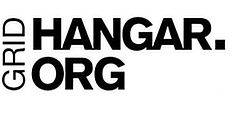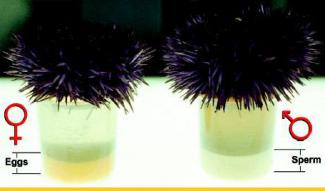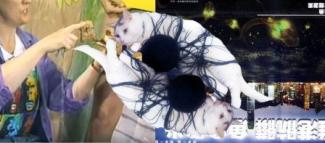Zavod Kersnikova
Kersnikova Institute is a non-for-profit organization that produces and incubates contemporary investigative art projects that focus on impacts of science and technology on contemporary society. It combines 4 open platforms: Kapelica Gallery - a gallery for contemporary investigative art ; Bio Tehna - the first Slovenian wetlab & Platform of Artistic Research and Life Systems; Rampa Lab - laboratory for mechatronics; and Vivarium - a lab dedicated to animals, plants and robots.


